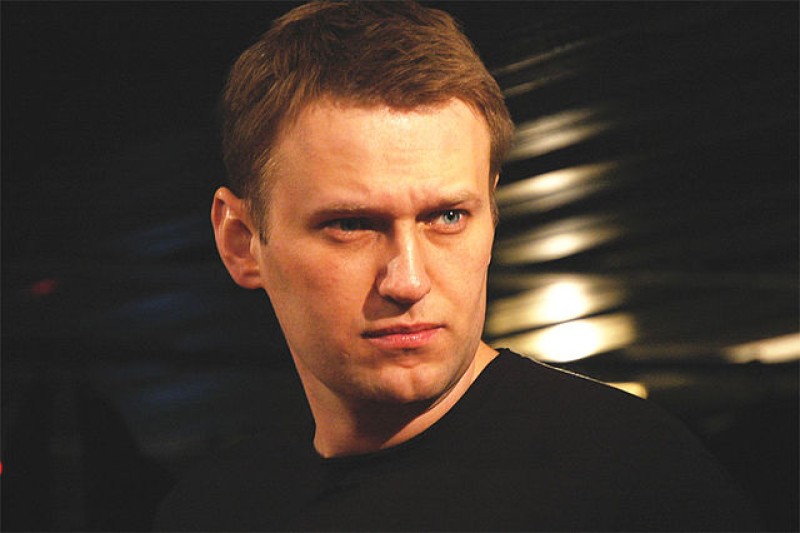“Today marks the beginning of yet another trial, which will greatly increase my total sentence,” Navalny wrote on his Twitter.
The Russian independent human rights monitor OVD-Info reported that fresh allegations against the famous Kremlin critic include “creation of an extremist community, incitement to extremism, financing of extremism, involvement of minors in the commission of dangerous acts, and the rehabilitation of Nazism.”
Prior to the trial, in which Navalny could face up to 30 years in jail if convicted, he was given 10 days to acquaint himself with 196 volumes of the criminal case, according to OVD-Info.
Despite his request that his trial take place in a standard courtroom setting open to the public, court officials chose to keep the session totally closed to the public, excluding even Navalny’s parents.
However, the court’s judgment did not preclude the detained opponent of President V`ladimir Putin from speaking to the public through his supporters.
“I don’t want to use this day simply to draw sympathy for myself and other political prisoners. I want to call everyone to action, and use this day to announce our new, very important project,” he said.
He described the project as “the truth machine,” aimed at creating joint forces against “Putin’s lies and the Kremlin’s hypocrisy.”
“We really need you. Join us,” he called on the public.
In addition to the campaign against Putin, Navalny pledged a decisive campaign against the war in Ukrainian, “a long, stubborn, exhausting, but fundamentally important campaign in which we will turn people against the war.”
Russian authorities detained Navalny in January 2021 after he returned to Moscow from Berlin, where he was treated in a hospital after the poisoning attack in Russia.
A month later, he was found guilty by Moscow's Simonovsky District Court of breaking the conditions of his 2014 suspended sentence in the Yves Rocher case.
Navalny was sentenced to home detention, while his brother Oleg was condemned to prison for allegedly abusing the French cosmetic company's Russian activities.
In 2017, the European Court of Human Rights found that the penalties imposed on Alexei and Oleg Navalny were “arbitrary and unfair.”
However, when in a coma in a Berlin hospital following the attack by Novichok poison, he failed to report to Russian authorities as required by the judge.
This is why Navalny was condemned and brought to the Pokrov IK-2 penitentiary facility, where he spent more than 500 days before being transferred to the Melekhovo IK-6 jail, considered one of the worst in the country.
The transfer to Melekhovo followed another trial in which Navalny was found guilty of misusing donations from his Anti-Corruption Foundation (FBK) and Navalny’s Headquarters, an underground organization he founded, for personal gain by the Moscow's Lefortovo District Court, which is thought to handle cases provided by the Federal Security Service (FSB).


